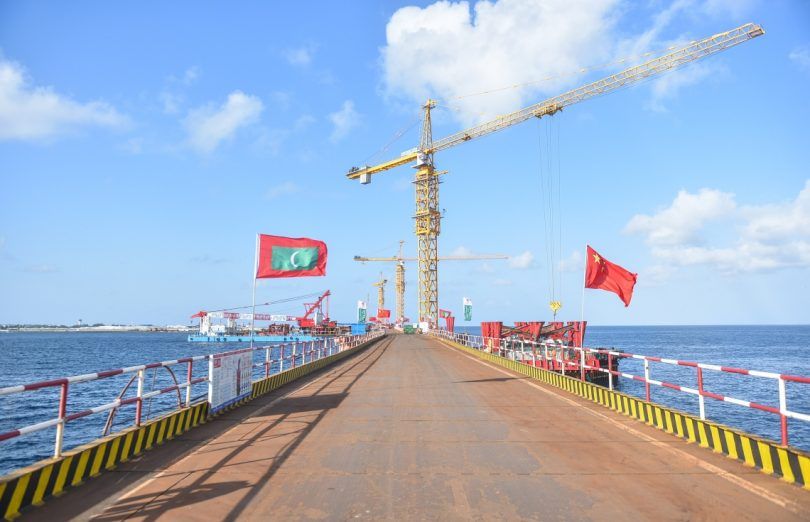Maldives-India Bye Bhai?
Relations between the Maldives and India have sunk to new lows — and remain on a downward trajectory — since President Abdulla Yameen was sworn into office.

17 Apr 2018, 09:00
Film! Fashion! Food! The Maldives has enjoyed a long love affair with all things Indian, from the silver screen to the catwalk and dinner table.
The Indian town closest to Malé – Thiruvananthapuram – has signs in Dhivehi and residents who speak the Maldivian language fluently. And tens of thousands of Maldivians travel to India every year, as much for medical treatment as the country’s cultural familiarity.
In politics, India has played the role of protector by ensuring the safety and security of the little archipelago. Rajiv Gandhi diapatched troops in 1988 to save Maumoon Abdul Gayoom’s government from invading Tamil mercenaries. More recently, when fire damaged Malé’s desalination plant, India sent navy ships and aircraft laden with drinking water.
But the Maldives-India jodi is on the rocks, at least on the political front, as President Abdulla Yameen repeatedly spurns India in favour of China’s embrace.
Become a member
Get full access to our archive and personalise your experience.
Already a member?
Discussion
No comments yet. Be the first to share your thoughts!
No comments yet. Be the first to join the conversation!
Join the Conversation
Sign in to share your thoughts under an alias and take part in the discussion. Independent journalism thrives on open, respectful debate — your voice matters.




